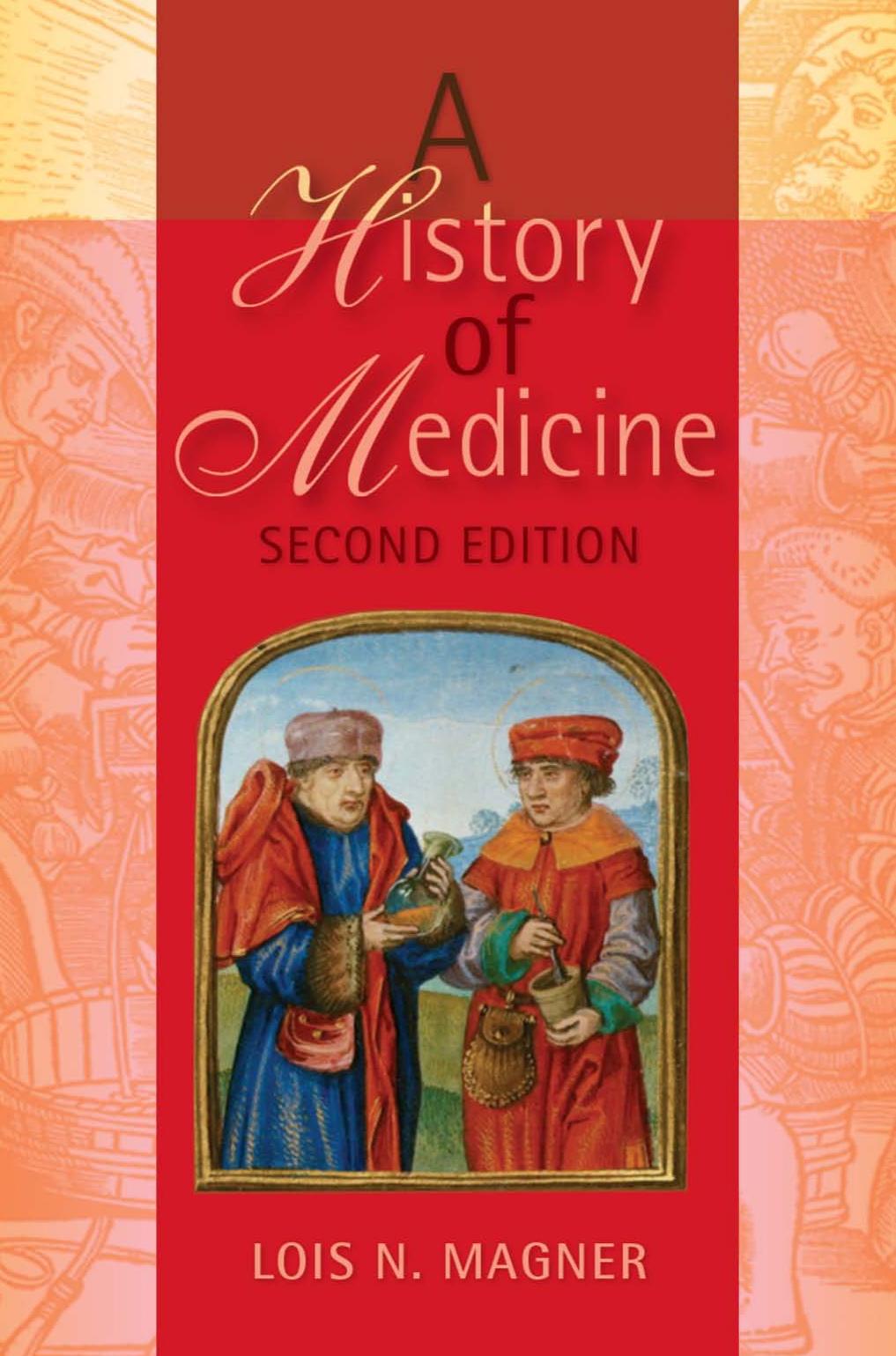A History of Medicine by Lois N. Magner

Author:Lois N. Magner
Language: eng
Format: epub, pdf
Publisher: CRC Press
Published: 2017-11-21T00:00:00+00:00
Religious doctrines and standards of medical care
The deaths of young children associated with faith healing raises outrage from the general community and serious questions about allowing exemptions for the religious beliefs of parents. However, religious beliefs held by medical practitioners, pharmacists, and hospital owners and administrators can also have serious and even deadly consequences for patients seeking appropriate medical care. For example, reports from around the world have described tragic consequences for pregnant women in need of emergency treatment who were subjected to life-threatening delays and inappropriate treatment because they were brought to Catholic hospitals. One of the most horrific, the death of Savita Halappanavar in 2012 in an Irish hospital, demonstrated the dangers faced by pregnant women when religious dogma blocks their access to essential medical care. Halappanavar was 17 weeks pregnant when she began to show signs of an impending miscarriage. When she was brought to the hospital, she was suffering from a serious blood infection. Although Halappanavar and her husband were not Catholic and asked for appropriate medical treatment, doctors refused to induce labor or remove the fetus because the hospitalâs religious doctrines superseded modern medical standards of patient care.
Catholic hospitals are a significant part of the American healthcare system. In 2013, there were close to 400 hospitals in the United States that followed the U.S. Conference of Catholic Bishops directives, which means they follow the rules of the bishops rather than the best advice of obstetricians and other physicians. With hospital mergers and takeovers, the number of hospitals governed by Catholic doctrine is increasing rapidly. According to the bishopsâ directives: âterminating a pregnancy is forbiddenâ unless a mother is in âgrave condition.â But, even when doctors know that a fetus is not viable, determining whether the situation had been âgraveâ enough to provide necessary care for a woman undergoing a miscarriage or a potentially fatal tubal rupture in an ectopic pregnancy was sometimes made after the woman died. Bishops have excommunicated hospital staff members and stripped hospitals of their affiliation with the Church for terminating a pregnancy to save a womanâs life.
In 2011, the National Womenâs Law Center issued two reports documenting the ways in which womenâs lives were put at risk because of religious restrictions at certain hospitals. Womenâs health advocates urge all hospitals, medical practitioners, and government agencies to acknowledge that religious dogma should not take precedence over the legal and ethical standards of medical care that all patients, including women, should expect.
Download
This site does not store any files on its server. We only index and link to content provided by other sites. Please contact the content providers to delete copyright contents if any and email us, we'll remove relevant links or contents immediately.
| Administration & Medicine Economics | Allied Health Professions |
| Basic Sciences | Dentistry |
| History | Medical Informatics |
| Medicine | Nursing |
| Pharmacology | Psychology |
| Research | Veterinary Medicine |
The Immortal Life of Henrietta Lacks by Rebecca Skloot(4580)
An American Plague by Jim Murphy(3760)
The Emperor of All Maladies: A Biography of Cancer by Siddhartha Mukherjee(3155)
The Gene: An Intimate History by Siddhartha Mukherjee(3095)
The Fate of Rome: Climate, Disease, and the End of an Empire (The Princeton History of the Ancient World) by Kyle Harper(3055)
Rebecca Skloot by The Immortal Life of Henrietta Lacks(2014)
Stiff - The Curious Lives of Human Cadavers by Mary Roach(1853)
The Great Influenza by John M Barry(1783)
The Vaccine Race by Meredith Wadman(1653)
Hero by Michael Grant(1643)
Undue Risk by Moreno Jonathan D.;(1620)
Three Cups of Tea by Greg Mortenson(1613)
The Mystery of the Exploding Teeth by Thomas Morris(1567)
Quackery by Lydia Kang(1550)
Autism's False Prophets by Paul A. Offit(1535)
Extremes: Life, Death and the Limits of the Human Body by Fong Kevin(1528)
A Journal of the Plague Year (Oxford World's Classics) by Daniel Defoe(1522)
Steroids: History, Science, and Issues by Standora Joan E.; Bogomolnik Alex; Slugocki Malgorzata(1519)
The Vaccine Court by Rohde Wayne(1508)
